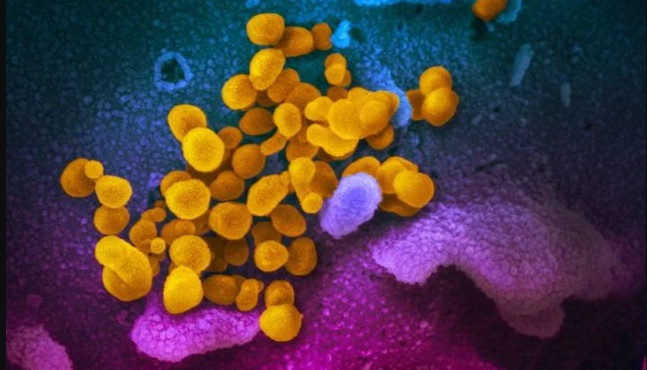
A case of the Indian coronavirus variant has been recorded on the Isle of Wight, as the Isle of Wight Council urges caution.
It's now been confirmed the Isle of Wight is one of 127 local authority areas where the 'variant of concern' (VOC) has been detected.
Simon Bryant, director of public health at the Isle of Wight Council, said "this is not a cause to panic, but it is a cause for caution."
Mr Bryant said he would not reveal the specific location or comment further on the circumstances due to the risk of identification.
He said:
"While we wouldn't usually comment on an isolated case such as this, given the level of concern expressed locally, we felt it was important to reassure residents that the situation was managed appropriately," he said.
"I understand people will be concerned about this new variant. We know that the numbers of cases of this variant are increasing across the country, but it is important to emphasise that there is currently no evidence that this variant causes more serious illness, or that the vaccine provides less protection against it.
"What we do know is that this variant spreads easily — which is why we need everyone to continue with the behaviours that we know stop the transmission of the virus.
"Get vaccinated when it's your turn. Continue to test regularly when you don't have symptoms; this can stop you unknowingly passing on the virus to others. Self-isolate and get a test at Newclose if you get symptoms.
“It’s vitally important that we continue to wear face masks where required unless you are exempt, to keep on washing your hands regularly and keep two metres away from anyone not in your household.
“We’re all enjoying more freedom following the relaxation of some rules this week, but I would advise meeting outdoors where possible. If meeting indoors then open the windows and the doors – this simple action will make a big difference.
"Just doing one thing isn’t going to work. We all need to play our part, work together and continue to follow the guidelines. Our behaviour can help stop the spread."
Where a VOC occurs, Public Health England’s Local Health Protection Team ensures there is swift follow up, with any close contacts asked to self-isolate and further, precautionary testing offered.
Earlier this week, health secretary Matt Hancock said the variant first detected in India last October — known as B.1.617.2 — was set to be the dominant strain in the UK.
There are 86 local authorities where there are five or more confirmed cases.
The key symptoms associated with an infection of B.1.617.2 are the same as the Kent variant:
- A new, persistent cough.
- A high temperature.
- The loss of taste or smell.
Mr Bryant added:
"This is not a cause for panic, but it is a cause for caution and a reminder we can't let down our guard.
"The best way to protect against the virus – and all its variants - is to continue following the public health advice – which remains the same for us all, whether we have been vaccinated or not: ‘Hands, face, space and fresh air’, get vaccinated and make ‘test-record-repeat’ part of your weekly routine.
"Thanks to everyone continuing to follow the guidance. The infection rate on the Island remains among the lowest in the country. I’d urge everyone to keep going and use your judgement to keep everyone safe.”


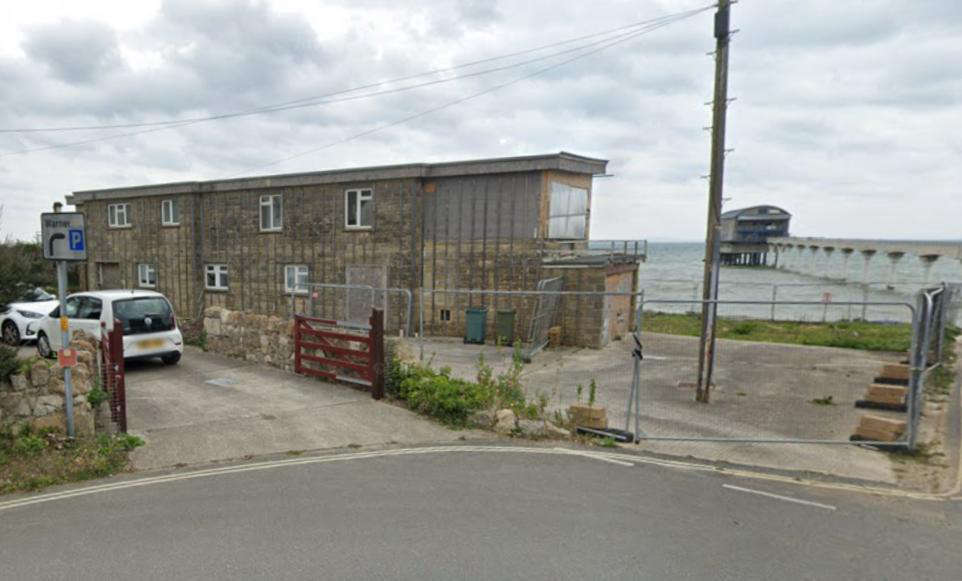 Plans To Replace 'Half-Built Eyesore' With New Seafront Café Divides Opinion
Plans To Replace 'Half-Built Eyesore' With New Seafront Café Divides Opinion
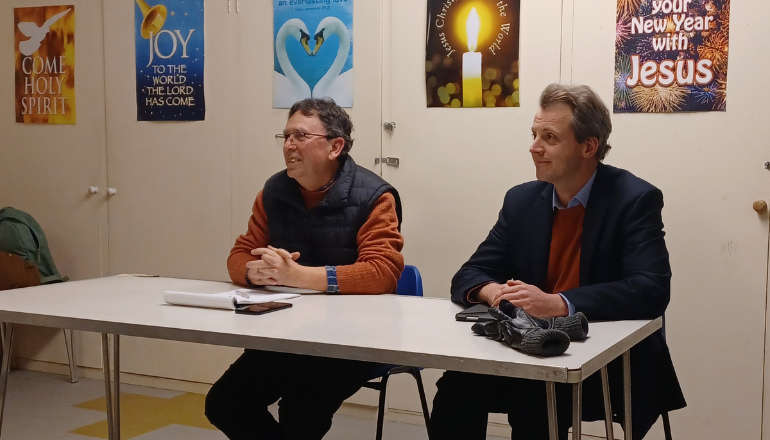 Isle Of Wight MP Weighs In On School Closures Row
Isle Of Wight MP Weighs In On School Closures Row
 Plans To Use Five Shanklin Homes For Parenting Courses Provoke Outcry
Plans To Use Five Shanklin Homes For Parenting Courses Provoke Outcry
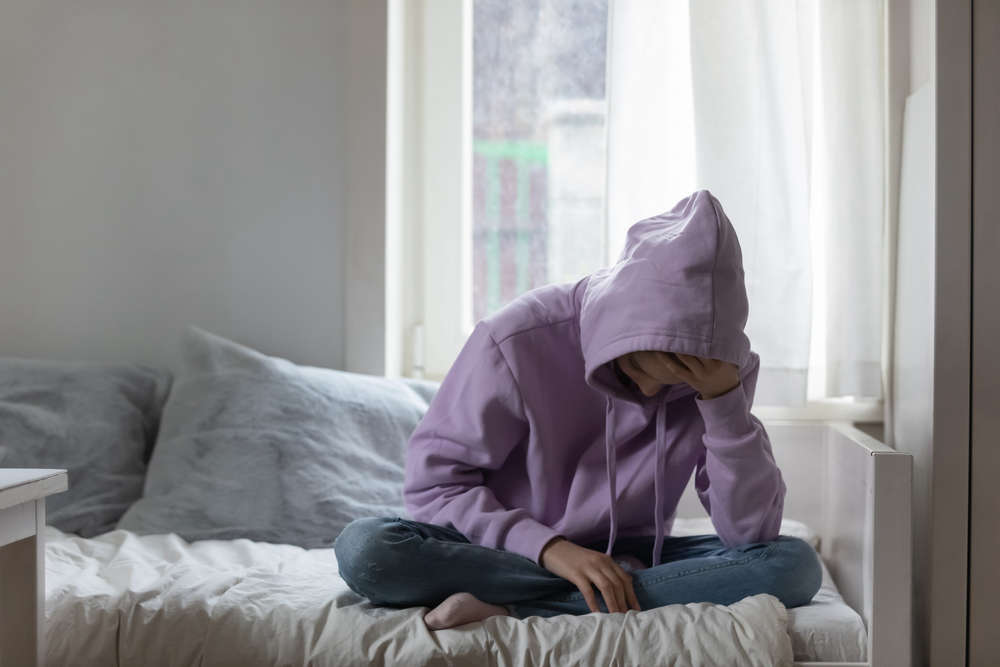 Conference On Supporting Vulnerable Children To Be Held In Newport Next Month
Conference On Supporting Vulnerable Children To Be Held In Newport Next Month
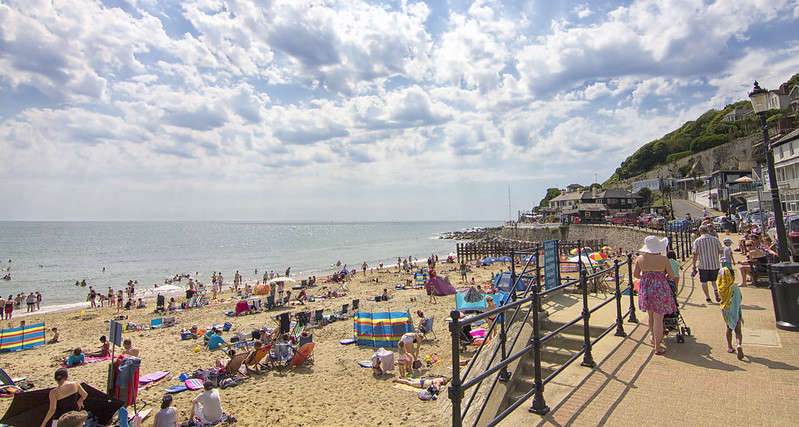 Ventnor Town Council Could Scrap "Vital" Beach Safety Project
Ventnor Town Council Could Scrap "Vital" Beach Safety Project
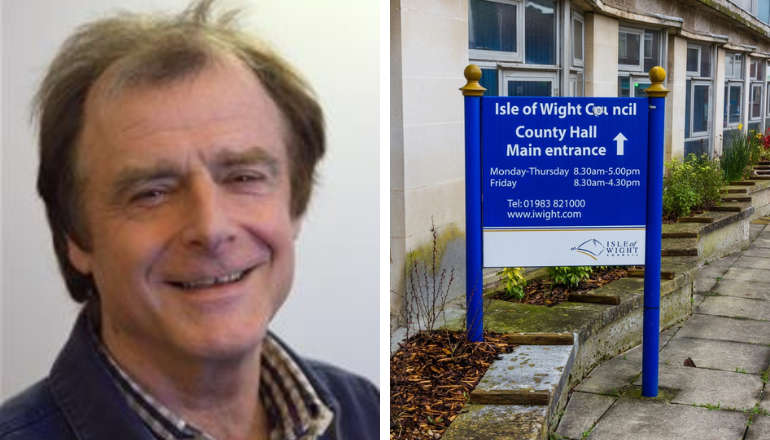 What Is Devolution... And What Happens Now?
What Is Devolution... And What Happens Now?
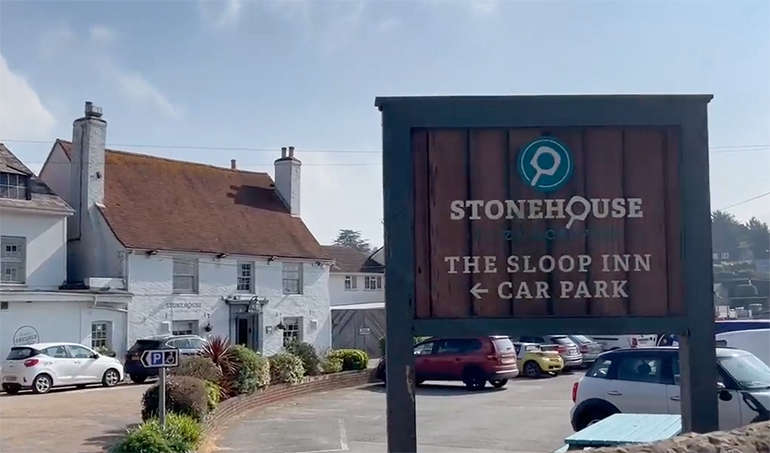 Sloop Inn Works Scheme And Name Change Shelved After Parish Council Opposition
Sloop Inn Works Scheme And Name Change Shelved After Parish Council Opposition
 SpaMedica: UK Leading NHS Cataract Surgery Opens Diagnostic Clinic On Isle Of Wight
SpaMedica: UK Leading NHS Cataract Surgery Opens Diagnostic Clinic On Isle Of Wight
 Island MPs' Gaping Devolution Divide Shows No Sign Of Narrowing
Island MPs' Gaping Devolution Divide Shows No Sign Of Narrowing
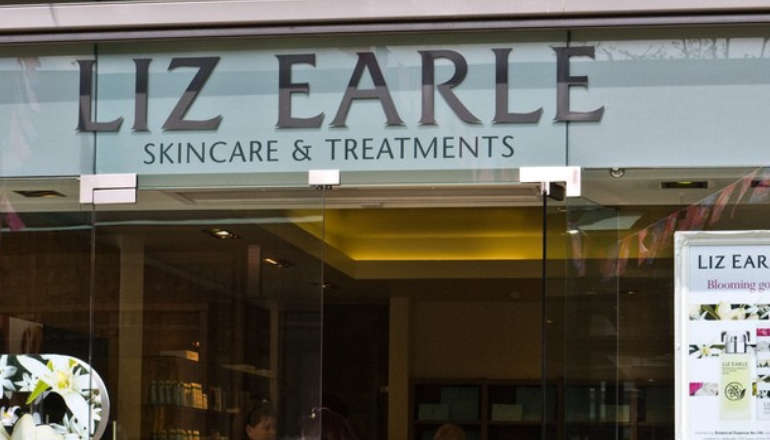 Liz Earle Head Office In Ryde Set For Closure With Staff Set To Face Redundancy
Liz Earle Head Office In Ryde Set For Closure With Staff Set To Face Redundancy
 "Local Control Of Key Decisions": Council Leader Defends Controversial Devolution Plans
"Local Control Of Key Decisions": Council Leader Defends Controversial Devolution Plans
 Three 'Affordable' New Flats Could Be Built On First Floor Of Former Dessert Shop
Three 'Affordable' New Flats Could Be Built On First Floor Of Former Dessert Shop
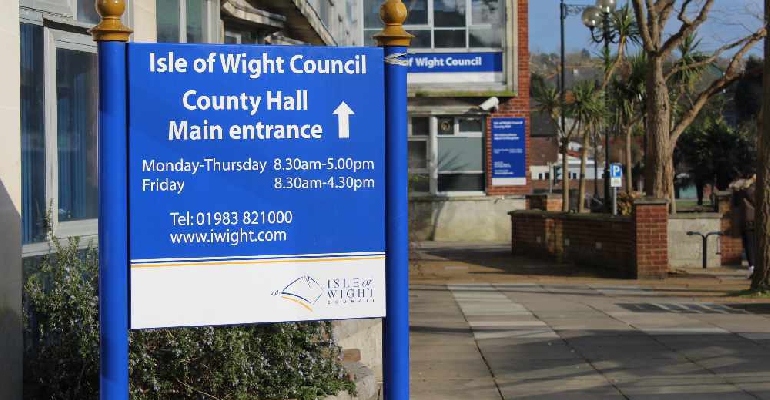 Isle Of Wight Council Unveils 2025/26 Budget With Five Per Cent Council Tax Rise In The Pipeline
Isle Of Wight Council Unveils 2025/26 Budget With Five Per Cent Council Tax Rise In The Pipeline
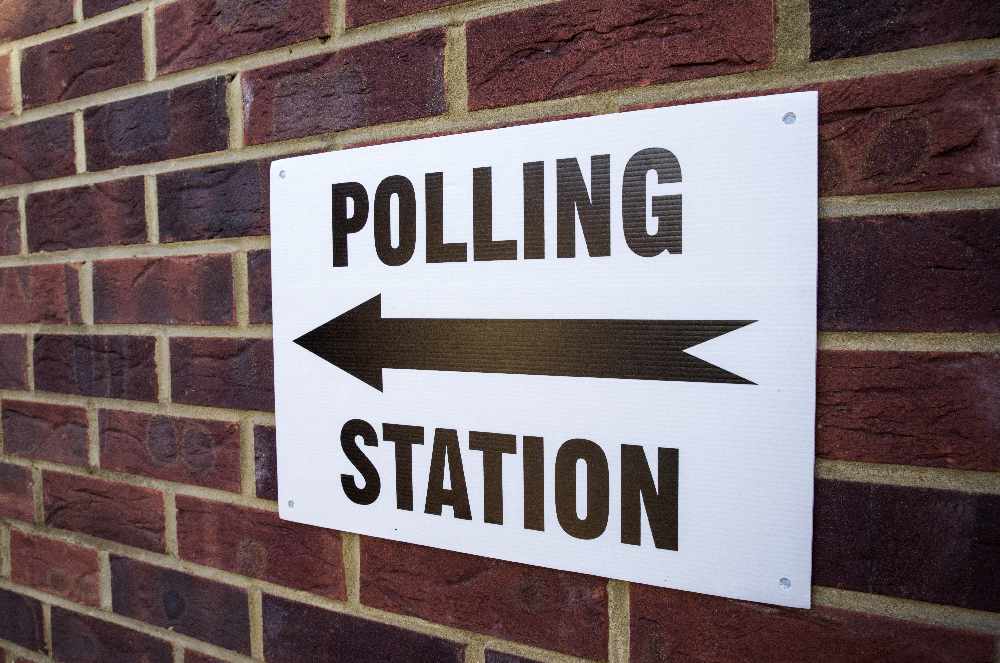 Isle Of Wight Elections To Be Delayed Until May 2026
Isle Of Wight Elections To Be Delayed Until May 2026
 Three-Bed House Could Be Built Within Grounds Of Neglected Ventnor Hotel
Three-Bed House Could Be Built Within Grounds Of Neglected Ventnor Hotel
 Warning Issued Over Smart Pass Scam
Warning Issued Over Smart Pass Scam
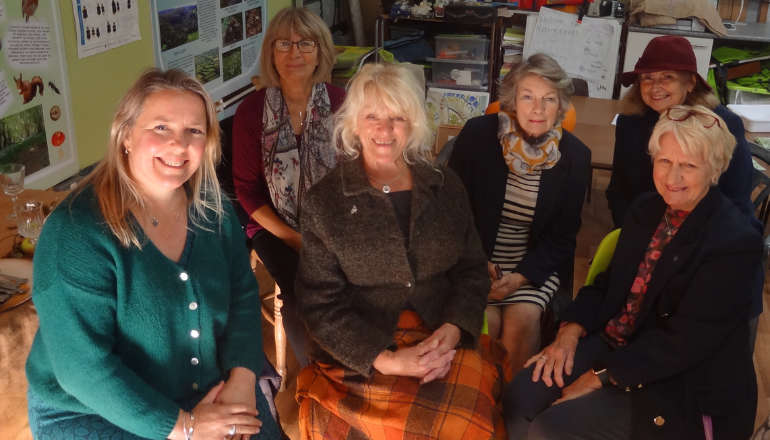 National Lottery Heritage Fund awards Naturezones Wildlife Education Trust £72,400
National Lottery Heritage Fund awards Naturezones Wildlife Education Trust £72,400
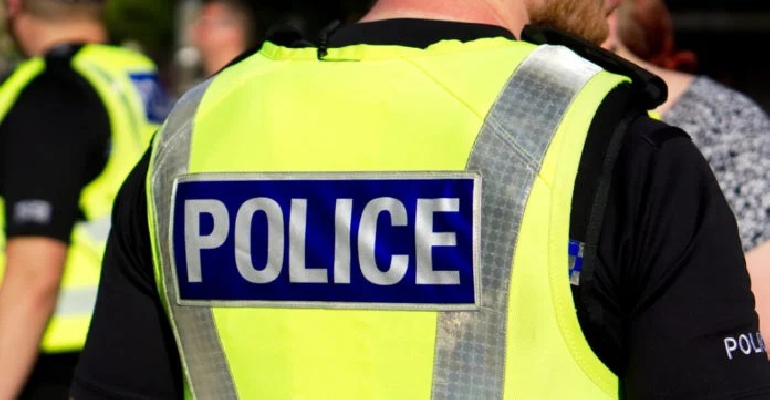 Man Charged As Part Of Child Sex Offence Investigation On The Isle Of Wight
Man Charged As Part Of Child Sex Offence Investigation On The Isle Of Wight
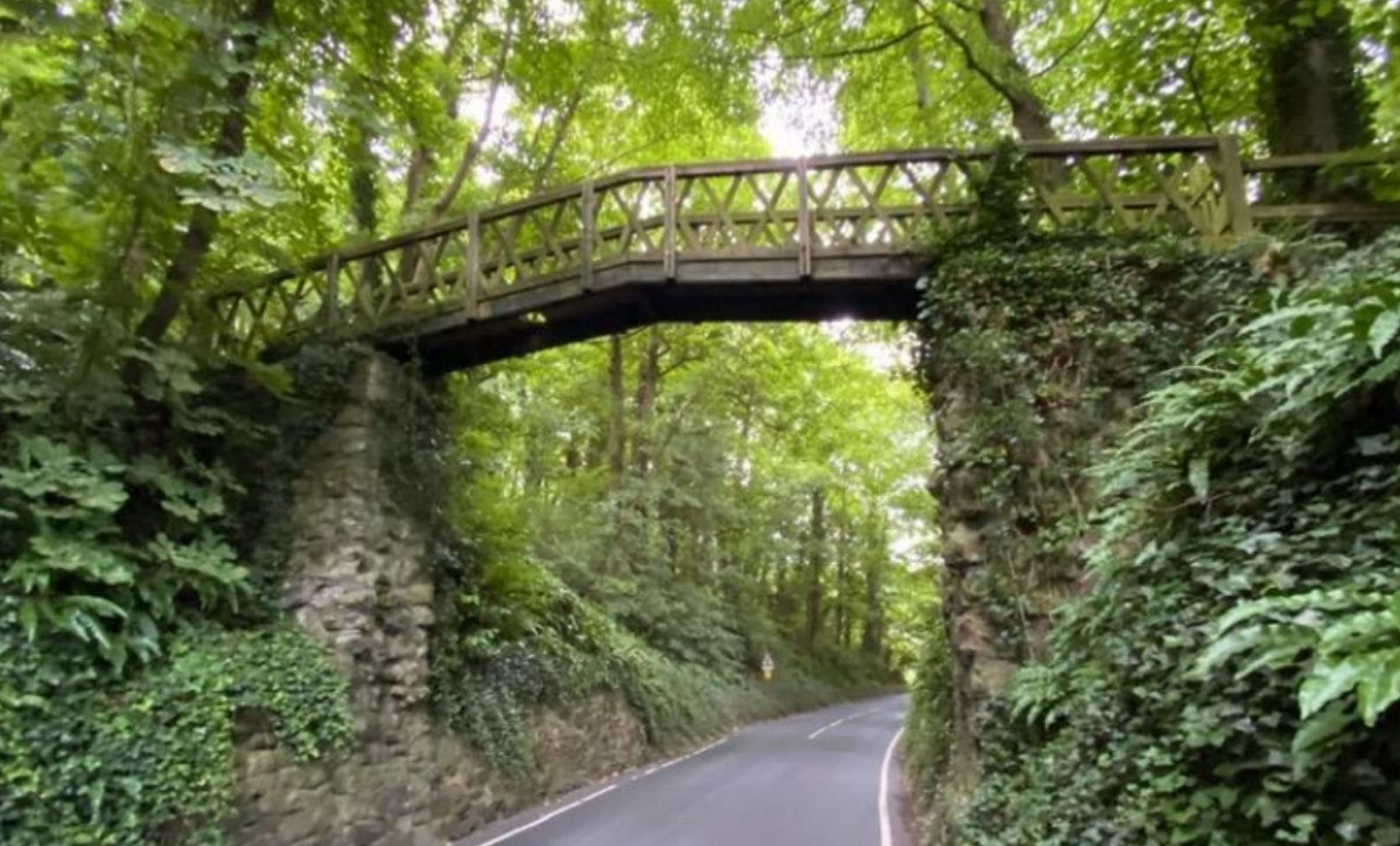 Iconic Isle Of Wight Footbridge To Be Replaced
Iconic Isle Of Wight Footbridge To Be Replaced
 Southern Water Gurnard Works Underway To Make Roads Greener And Reduce Storm Overflows
Southern Water Gurnard Works Underway To Make Roads Greener And Reduce Storm Overflows


